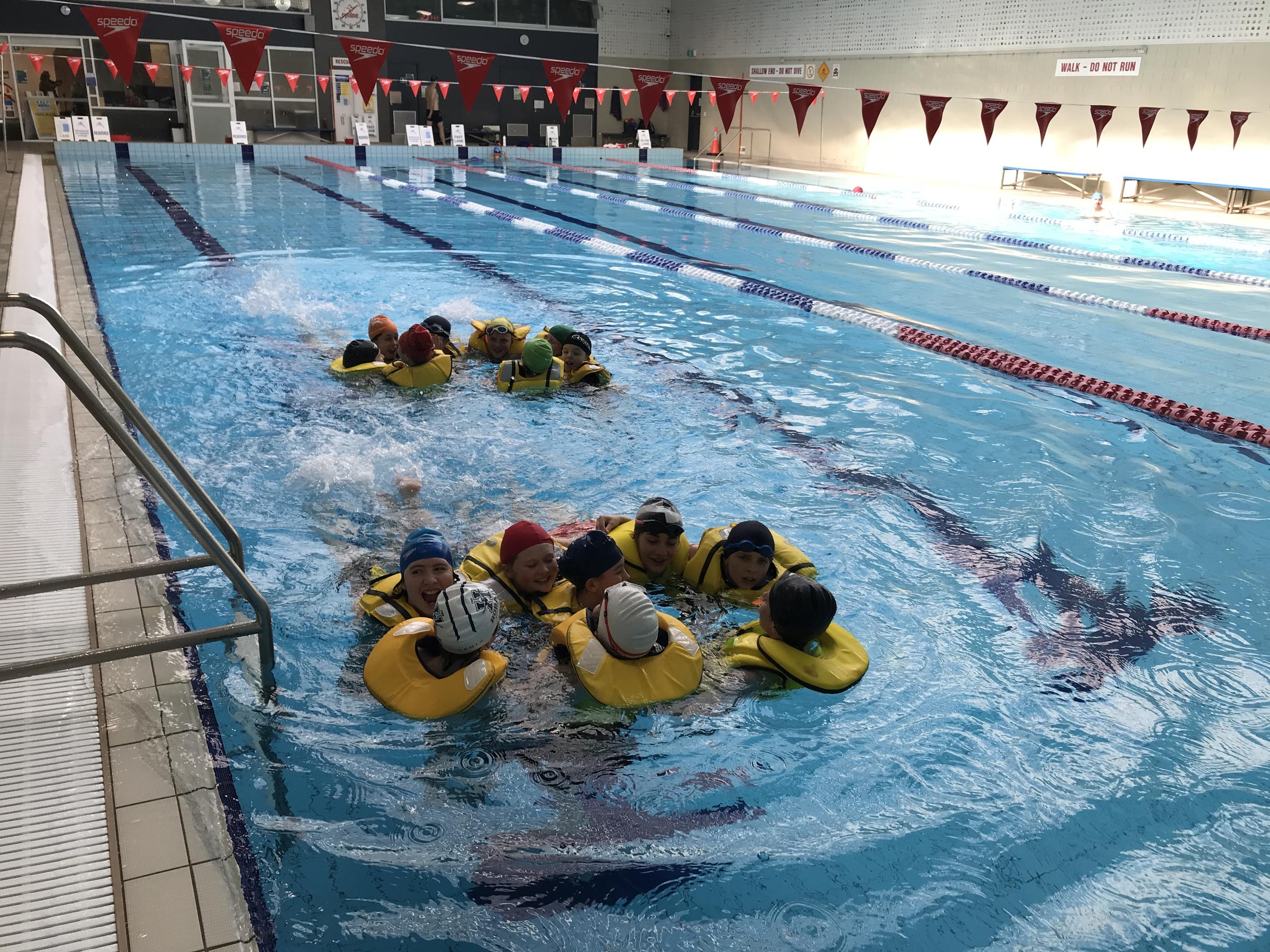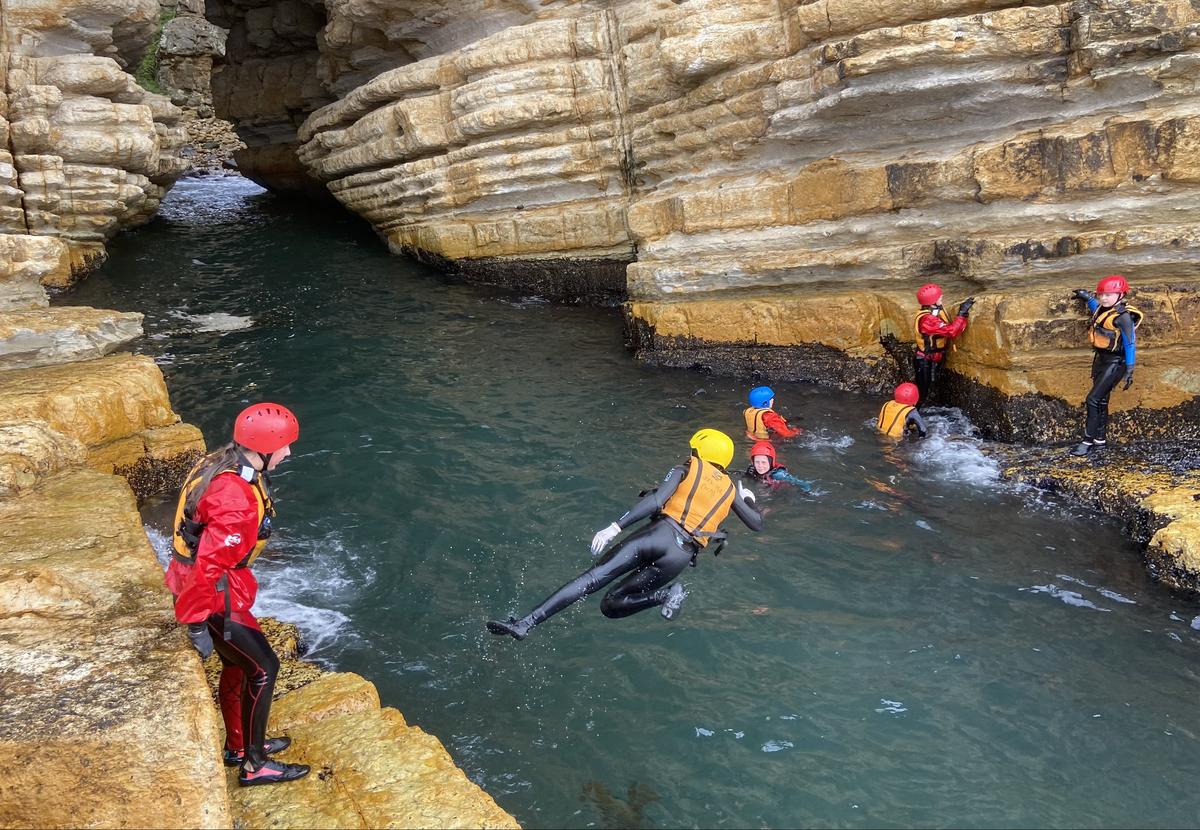Health
HEALTH FACULTY

Health
HEALTH FACULTY
| 🎓 Course Type | Compulsory |
|---|---|
| 🧩 Units | 2 in Year 7 2 in Year 8 |
| ⏱ Hours per week | 3 hours per week: 2 hours practical, 1 hour theory |
| ✏️ Selection | Automatically included |
| 🧭 Future Pathways | Year 9 and 10 Health |
Friends’ is a health-promoting school and a holistic approach is taken to the study of Health and Physical Education.
Social, emotional, physical, mental and spiritual health are the foci of the teaching and learning in all areas of this curriculum. Students are encouraged to value, maintain and promote a healthy lifestyle.
The Health Education Framework aligns with the Australian Curriculum and is delivered through structured classes, both practical and theoretical, as well as Outdoor Education experiences in collaboration with the Year 7 Connections program.
Physical Education
Students in Year 7 undertake a range of different physical education activities that are challenging and engaging, involving a wide variety of movement environments. The program seeks to develop in students a greater mastery of a range of motor skills that will enable them to be more successful participants in the complex games and sports that are covered in Years 9 and 10. Students are encouraged to work safely, enthusiastically and collaboratively in large and small team situations as well as completing individual tasks. Throughout the year students undertake units in aquatics and water safety, athletics, body and spatial awareness, fitness, sports skills and dance.
Year 8 students are further extended in their motor skill acquisition and have the opportunity to undertake more complex games and sports as their skills progress. In Year 8 there is an increasing focus on the decision making components of successful sports performance, with greater exploration of the concepts of strategy planning and tactical decision making. Whilst the main units of work explored in Year 8 are similar to Year 7, the outcomes required of the students are of a higher standard and the tasks are of a more challenging nature, with greater focus on individual responsibility.
Health Theory
Focus themes of our Year 7 and 8 Health Theory program include coping strategies, building resilience, responsible practices, self-responsibility, body awareness and personal identity.
In Year 7 Health Theory students explore their attitudes to friendship and effective strategies for making new friends are discussed and modelled. Other areas of study include the health benefits of physical activity, components of fitness, human anatomy, risk taking and sexuality education, in which issues such as respectful relationships, values, decision making and sexual growth are explored. Year 7 students are required to complete a rigorous ‘Health Challenge’ assessment task in the second semester of the year.
In Year 8 Health Theory, students learn how to take positive action to enhance their own and others’ health, safety and wellbeing. Students learn about effective and responsible communication in a range of verbal, non-verbal and electronic forms. In conjunction with the Year 8 Outdoor Education program, themes integrated in Health Theory include self-responsibility, risk taking, nutrition and effective teamwork. Other areas of study in Year 8 include maintaining one's fitness, protective behaviours, mental health, cyber safety, drug use, body image, identity and respectful relationships.
Outdoor Education
Year 7 Outdoor Education begins with a three-day, two-night program at the start of Year. Foundation camping, bushwalking and beach skills are used to assist with group development. During the year, students participate in a range of experiences including aquatic and beach safety, coasteering, orienteering, extended bush walks and winter skills. The year concludes with a three-day camp where aquatic and terrestrial environments are explored. The Outdoor Education program is delivered in parallel with the Connections program.
During Year 8 students will further extend their operational capacity and experience in the outdoor environment. The key focus is on the development of relationships with self, others and the natural area that is being explored. Staff will assess the students development and aim to promote growth in activity and natural process understanding. This program uses adventurous activities as a tool for cognitive growth.

